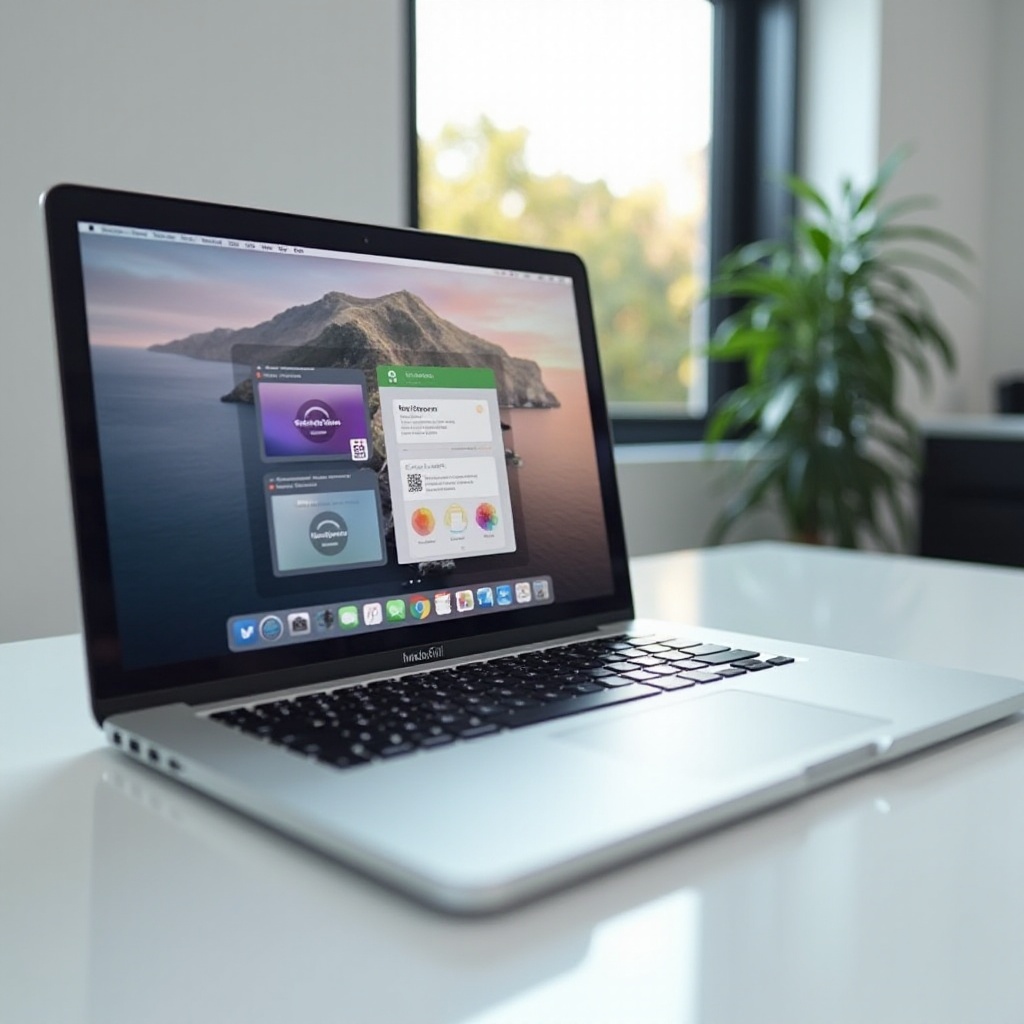Introduction
Apple’s MacBook Air and iOS devices each run distinct operating systems designed to optimize their specific hardware. This guide aims to address a frequently asked question: can a MacBook Air be updated to iOS 10? We will explore compatibility issues, limitations, and alternatives to achieve similar functionalities.

Understanding MacBook Air and iOS
MacBook Air has been a popular choice for users seeking a lightweight and efficient laptop. Since its introduction, it has seen several hardware and software upgrades. From the first-generation models to the latest M1-powered versions, each MacBook Air runs on macOS, the operating system tailored for Apple’s personal computers.
Overview of MacBook Air Models
MacBook Air, since its debut, has transformed into a sleek and powerful machine. The first-generation model pioneered ultra-portability, while subsequent versions added Retina displays and M1 chips, further enhancing performance and efficiency. These advancements make it a versatile tool for professionals and casual users alike.
Introduction to iOS 10 and Its Devices
iOS 10, released in 2016, brought a range of new features to enhance the user experience for iPhones, iPads, and iPods. It introduced innovations like improved notifications, enhanced widgets, and new iMessage features. iOS is designed specifically for mobile devices, leveraging touch inputs and app architectures distinct from those of macOS.
Compatibility Between macOS and iOS
Understanding the difference between macOS and iOS is crucial when exploring the possibility of cross-compatibility.
Differences Between macOS and iOS
While both macOS and iOS are developed by Apple and share some underlying technologies, they serve different types of devices. macOS is designed for computers with a focus on productivity software, multitasking, and power-user features. iOS, on the other hand, is optimized for touch interfaces and applications suited to mobile usage.
Devices That Support iOS Updates
iOS updates are designed for devices such as iPhones, iPads, and iPods. These updates ensure optimal performance and security for mobile devices. Updating a MacBook Air to iOS 10 is not feasible due to the fundamental hardware and interface differences between laptops and mobile devices.
To enhance macOS functionalities and make them more aligned with iOS, there are alternative ways to explore.

Limitations and Comparisons
Can MacBook Air Run iOS 10?
No, a MacBook Air cannot run iOS 10. The operating systems are mutually exclusive, catering to different hardware specifications and user interfaces. The design principles behind each OS ensure they are optimized for their respective devices. Consequently, installing iOS 10 on a MacBook Air isn’t just unsupported; it’s impractical.
Alternative Ways to Enhance macOS Functionalities
If you seek to replicate some iOS functionalities on your MacBook Air, several options exist:
- Use iCloud: Sync your data seamlessly between macOS and iOS devices.
- Install macOS Apps: Many app developers release macOS versions of popular iOS apps.
- Enable Handoff: This feature allows you to start work on an iOS device and continue on your MacBook Air.
How to Keep Your MacBook Air Updated
To maintain an efficient and secure MacBook Air, it’s essential to keep its software up to date.
Updating macOS on MacBook Air
Ensuring your MacBook Air runs the latest version of macOS is crucial for security and performance. To update:
- Navigate to the Apple Menu.
- Select ‘System Preferences.
- Choose ‘Software Update.
- Follow the prompts to download and install the latest macOS version.
Installing Compatible Software
Maintaining an up-to-date system involves also using the latest software applications compatible with your MacBook Air. Regular software updates offer new functionalities and security enhancements. Use the Mac App Store to check for software updates regularly.

Alternatives to Running iOS on MacBook Air
There are practical ways to simulate iOS functionalities on your MacBook Air without direct installation.
Using Emulators
While you can’t install iOS on your MacBook Air, iOS emulators can help developers test their apps or users to run some iOS applications. Popular emulators include:
- Xcode Simulator: Ideal for developers testing their iOS apps.
- iPadian: A user-friendly option for running basic iOS apps on your Mac.
Cloud Services and Virtual Machines
Using cloud services like Microsoft’s Remote Desktop or virtual machines such as Parallels can extend the functionality of your MacBook Air to use software typically unavailable on macOS.
Conclusion
In summary, updating a MacBook Air to iOS 10 isn’t possible due to foundational differences between macOS and iOS. However, keeping your MacBook Air’s macOS updated and utilizing alternatives like emulators and cloud services can enhance its functionalities.
Frequently Asked Questions
Can I run iPhone apps on my MacBook Air?
You can use iOS emulators or developers’ tools like the Xcode Simulator to run iPhone apps on your MacBook Air.
What software can I install on MacBook Air to replicate iOS features?
Consider using cloud services, macOS versions of your favorite iOS apps, and enabling Handoff for a seamless experience between your devices.
How do I update my MacBook Air to the latest macOS version?
Navigate to ‘System Preferences’ under the Apple Menu, select ‘Software Update,’ and follow the prompts to install the latest version of macOS.

